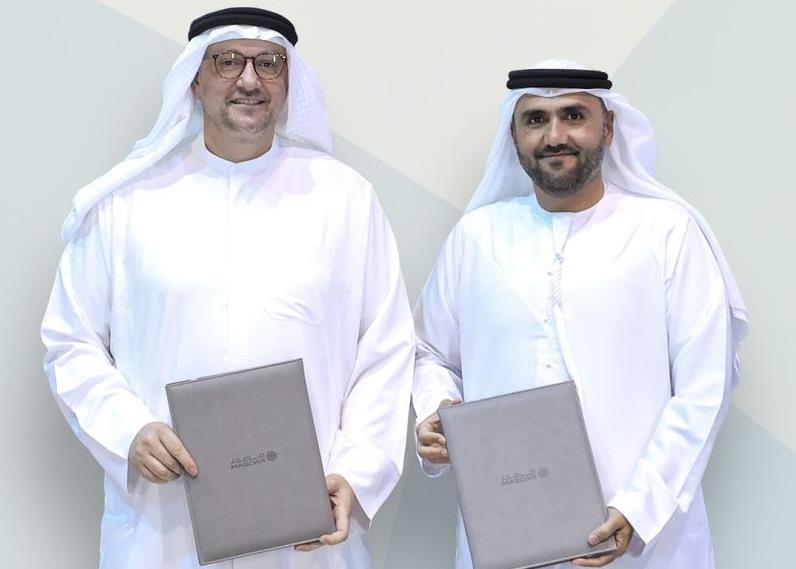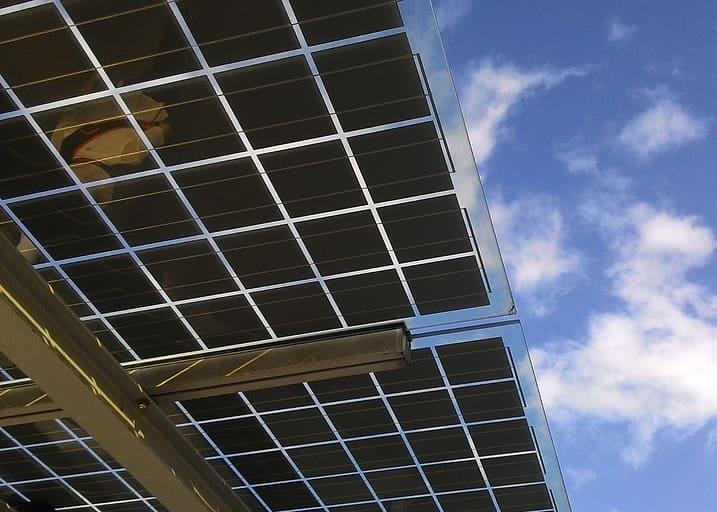
Moscow is close to finalising deal to build Egypts first nuclear power plant
- Russian nuclear provider Rosatom is in final negotiations for construction and financing of Egypts first Nuclear Power Plant
- Nuclear company is currently conducting financial feasibility study for Jordan nuclear power facility
- Rosatom is expected to begin providing supplies of uranium for UAE nuclear power plant in 2016
Russian state nuclear provider Rosatom is in the final negotiations with Cairo to develop Egypts first atomic power plant at El-Dabaa.
Speaking at a press event in Abu Dhabi on 13 October, Anton Moskvin, vice-president for marketing and business development at Rosatom, said the Russian firm was in the final stages of commercial and technical negotiations for the engineering, procurement and construction (EPC) contract to build the plant. The Egyptian finance ministry is close to finalising intergovernmental agreements for financing for the project, he added.
We are expecting that the agreements will be finalised and signed by the end of the year, said Moskvin.
In February, Egypts President Abdul Fattah al-Sisi signed a memorandum of understanding (MoU) to cooperate on nuclear power, which was followed closely by a project development for the El-Dabaa scheme.
With Egypt having set a target for introducing nuclear energy into its power sector by 2022, if the target is to be met then it is vital that the construction and financing agreements are finalised without delay.
The El-Dabaa nuclear power plant is expected to have four reactors of 1,200MW each. According to Rosatom, preliminary site works could begin before the end of 2015 if the negotiations are concluded.
Egypts nuclear programme was given fresh impetus following the election of Al-Sisi in May 2014. In his presidential inauguration speech on 9 June 2014, he announced that the El-Dabaa nuclear project was a key government priority.
At the Egypt Economic Development Conference in March this year, electricity minister Mohamed Shaker said the government was planning to build 2-4GW for the countrys first nuclear programme. The minister said if plans move ahead, Cairo would procure the plant through a strategic partnership, rather than through a competitive tendering process.
Moscows impending award for Egypts first nuclear power scheme will cement its position as the dominant nuclear power provider in the region.
Rosatom is currently working on a financial feasibility study for a proposed 2GW nuclear power plant in Jordan.
The [financial] feasibility study will be finalised in 2017, said Moskvin. This study will let us decide whether we will invest.
In March, Rosatom signed an intergovernmental agreement to supplement the project development agreement it signed with the Jordan Atomic Energy Commission (JAEC) in November 2014.
Rosatom had been selected as the preferred bidder in November 2013, after competing in a competitive tender for the estimated $10bn nuclear plant. The facility will located at Amra in northern Jordan.
According to Moskvin, there are two elements to the deal with the JAEC. The first is for the construction of the power plant and the second is for investment in the construction of the plant through an intergovernmental agreement.
If successful, the Egypt and Jordan nuclear projects would be Moscows third nuclear power installation in the Middle East, following the commissioning of Irans controversial first 1,000MW nuclear plant in Bushehr in 2013. Moscow has since followed this up with commercial contracts to build two more 1,000MW nuclear reactors, which are part of a wider agreement to build eight reactors across the country.
Rosatom is also set to provide 50 per cent of the enriched uranium for the UAEs maiden nuclear power plant at the Baraka nuclear power plant in Abu Dhabi, which is currently under construction. In August 2012, the Tenex division of Rosatom was awarded a contract by Emirates Nuclear Energy Corporation (ENEC) to supply uranium concentrates, conversion services and enrichment services for the Baraka plant.
The Russian fuel provider is expected to begin the supplies of enriched uranium for the UAE plant in 2016, for the scheduled start-up date of the first reactor in 2017.
You might also like...

Neom seeks to raise funds in $1.3bn sukuk sale
19 April 2024

Saudi firm advances Neutral Zone real estate plans
19 April 2024

Algeria signs oil deal with Swedish company
19 April 2024

Masdar and Etihad plan pumped hydro project
19 April 2024
A MEED Subscription...
Subscribe or upgrade your current MEED.com package to support your strategic planning with the MENA region’s best source of business information. Proceed to our online shop below to find out more about the features in each package.




